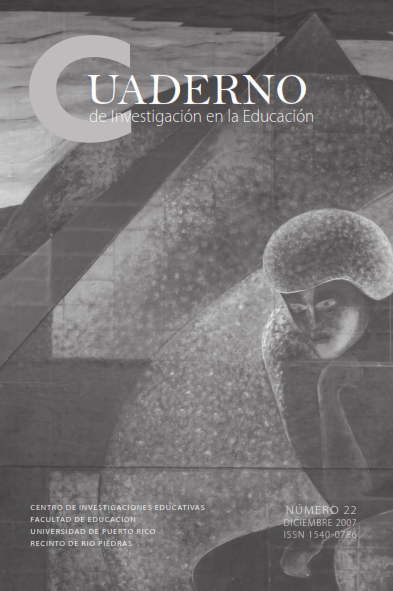Abstract
Identity and cultural diversity will be one of the major issues of integration, governance and societal development in the 21st century, since it provides the building blocks of identity and ethnic alliances; molds the attitudes to work, saving and consumption; underlies political behavior, and develops the values that can drive collective action for a sustainable future in the new global-cosmopolitical context. This analytical paper studies the nature and dynamics of the 'free trade integration‘ process as part of globalization as one of the current transformation forces for interdependent development, intercultural relations and social change in the North America region and its 'periphery‘. The first part analyses the context and dynamics of integration within the globalization-glocalization processes; the second reviews the emergence of post-industrialism, economic restructuring, regional integration and neoliberal free trade agreements, while the third explores the impact of the globalization-integration process on the development of intercultural relations and 'identities‘ of transnational migrant Latino groups in the USA, and the Puerto Rican national identity in the 'periphery‘ after the North America Free Trade Agreement (NAFTA) in terms of the Federal Education Law 'No Child Left Behind‘ (NCLB) national policy outcomes.
How to cite:
Aponte-Hernández, E. (2007). Globalization, integration, intercultural development and educational policy: Puerto Rican and Latino identities at the crossroad. Cuaderno de Investigación en la Educación, 22, 27-54. Retrieved from https://revistas.upr.edu/index.php/educacion/article/view/13265
The contents published in the Puerto Rico Journal of Education is freely distributed under open access practices, in accordance with the Creative Commons license, Attribution-NonCommercial 4.0 International (CC BY-NC 4.0). Through these principles, the journal and its authors allow readers to access, reproduce and share articles in full text. Users should give credit to authors in a reasonable way without suggesting they have their support. Under no circumstances, readers may make use of the contents for commercial purposes. The authors retain copyright on their works.

